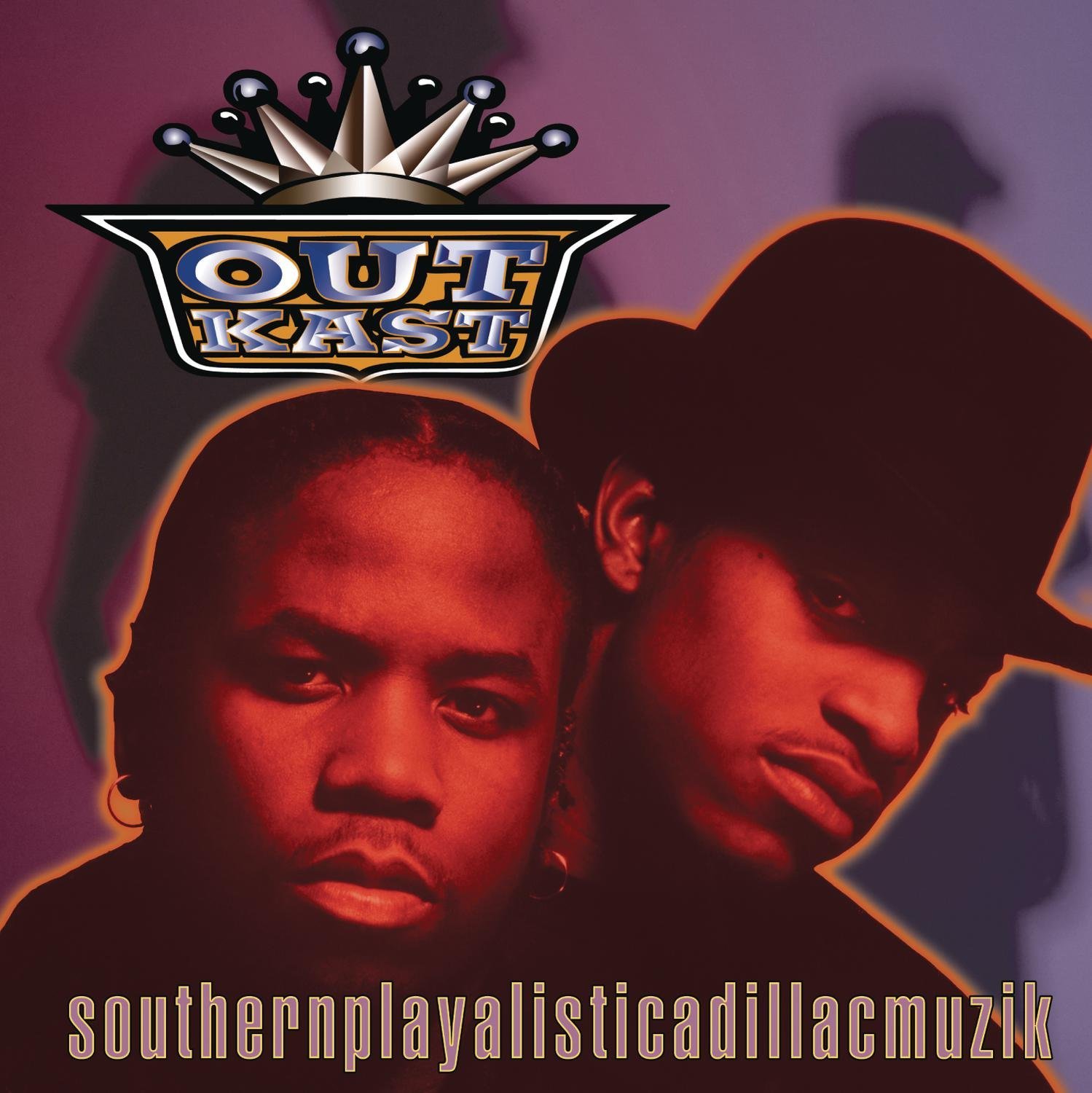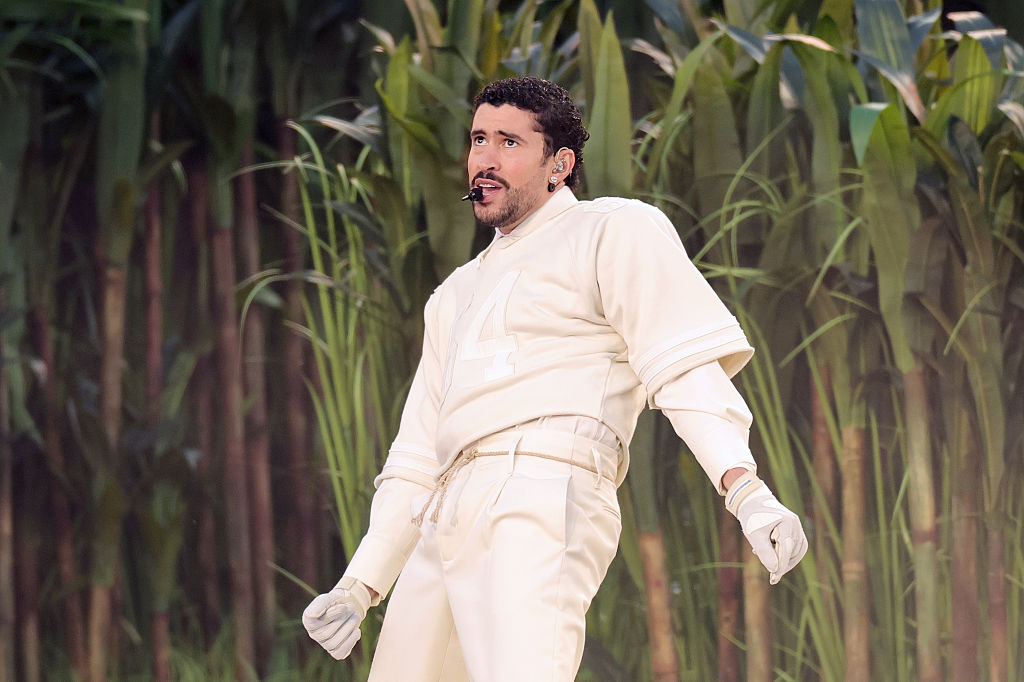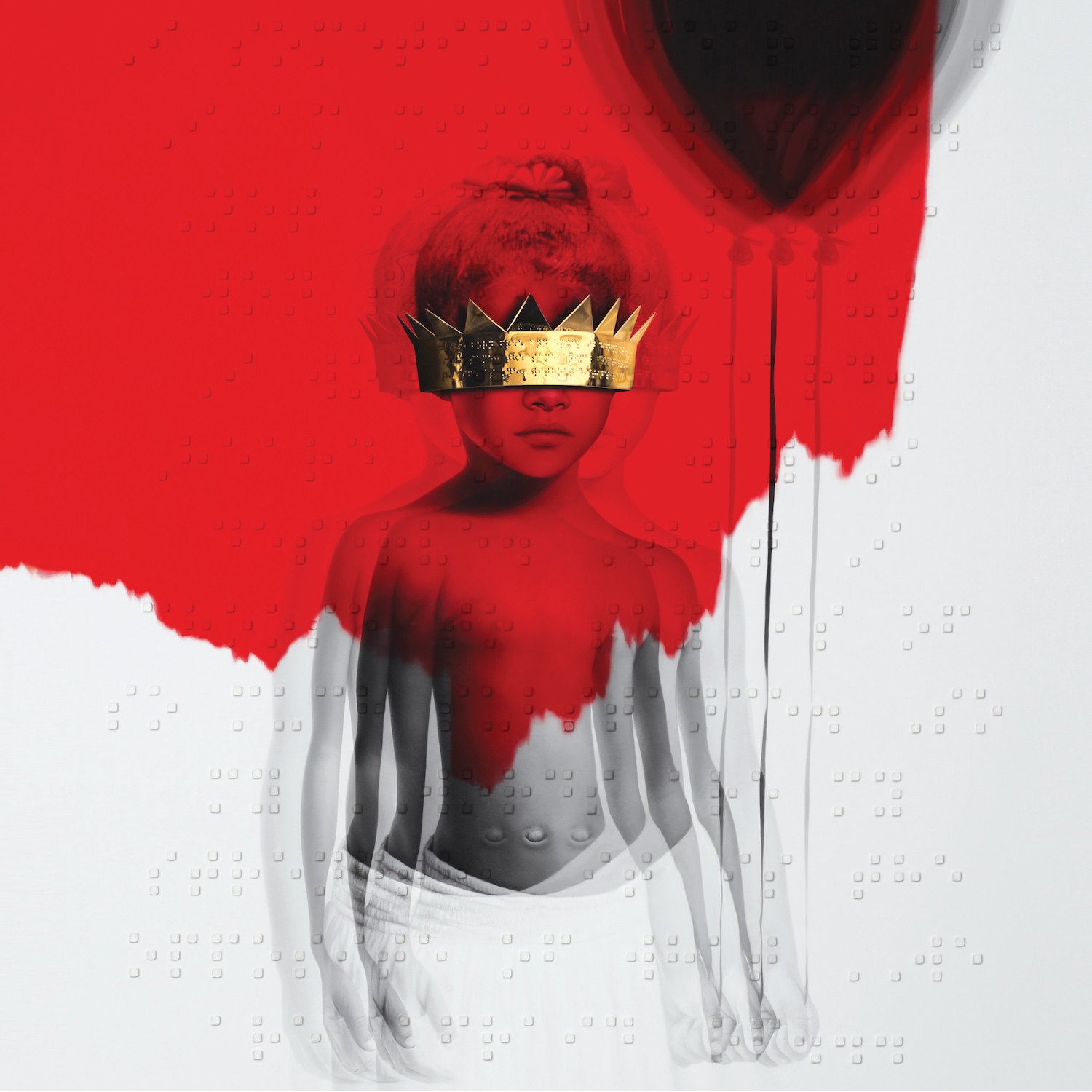They were kids. Watch the first few OutKast videos, and that reality keeps smacking you in the face, over and over. Both members of OutKast hadn't quite left their teens when they released Southernplayalisticadillacmuzik, their first album, 20 years ago tomorrow. Big Boi still had a hint of pubescent chirp in his voice. André 3000 was still calling himself Dre, which was pretty confusing when rap neophytes were still confusing The Chronic Dr. Dre with Yo! MTV Raps Doctor Dré. "Player's Ball," their first single, was conceived as a Christmas rap song, a total novelty, before it started getting airplay and someone had the bright idea to release a mix of it with no sleigh bells. And yet someone took them seriously enough to sign them and to let them release a 65-minute slab of warm, slippery, verbose world-creation as their debut album. OutKast were obviously tremendously talented kids, but plenty of other tremendously talented kids were releasing rap music in the early '90s, and not too many of them became immortal in the process. Souls Of Mischief, whose humid smart-kid stoner-strut influenced the hell out of OutKast, only got to release one classic album before fading into cult-favorite semi-obscurity. The Pharcyde, another precursor, made it to a second great album, but that album bricked commercially and left the group's dynamic irreparably shattered. Arrested Development established the critical and commercial potential of Atlanta alt-rap and became weirdly famous for a short and forgotten period, and the entire world seemingly agreed to stop taking them seriously on the first day of 1993. But none of that happened with Southernplayalisticadillacmuzik. Instead, that album marked the beginning of one of the greatest three-album runs in pop music history. It introduced the Dungeon Family, arguably the greatest rap crew that has ever lived. It expanded the definition of Southern rap when it was commonly understood as nothing more than Miami bass and blood-in-your-eye Geto Boys nihilism. It threw rap off its axis, to the point where Atlanta is now the center of the genre in every meaningful way, and it helped create a universe where the reunited OutKast can now headline virtually every festival in America this summer. 20 years after its release, it's worth considering why Southernplayalistic stuck when so many other worthy albums didn't.
Around the time Stankonia came out, OutKast were talking about their origin story in SPIN, and since I can't remember the exact quote, I'm going to paraphrase. André claimed that he and Big Boi, in high school, were fascinated with the head-blown open-heartedness of De La Soul and a Tribe Called Quest, and friends would clown them, tell them to listen to bass music instead. André and Big Boi wouldn't listen. But, said André, "then we'd listen to the bass music, too." That last part is crucial. OutKast, out in the rap hinterlands, were able to synthesize influences, to pull in ideas that were floating through music and translate them through a singular point of view.
Southernplayalistic came out deep in the G-funk era, and the G-funk influence is huge -- the live instrumentation, the cinematic scope, the skits that help situate the music within a very specific place that they knew would be alien to most of the people hearing the album. Dr. Dre's P-Funk fixation came through, too, but where Dre was interested in the group's bigger-than-life strut, OutKast were just as into George Clinton's hippie-starchild cosmology and languidly expansive sense of place. That's how we ended up with something like "Funky Ride," a woozy waft of smoke with a blaring guitar solo and no rapping. (OutKast wouldn't perfect that style until Aquemini, but they were bold enough to try it right away.) In their halting, awkward syllable-cramming, André and Big Boi's Souls Of Mischief and Pharcyde influence came through most clearly, and there was probably a hint of Das EFX in there, too. Southern regional-hero types like UGK and 8Ball & MJG were already building ground-up audiences by talking about ground-level crime life, and OutKast did that, too, but they filtered it through an idealistic there-must-be-something-better alt-rap sensibility. All these strains and ideas were flying around on Southernplayalistic, and yet OutKast never really sounded like anything other than themselves.
Organized Noize, the production team who'd discovered OutKast and masterminded the album's musical side, had produced R&B hits for TLC and En Vogue before making the record, but they were unproven as rap producers. And on Southernplayalistic, you can hear them figuring out what happens when you apply the friendly, relaxed cool of their R&B records to a rap record. Sleepy Brown's hooks -- sleepy, sticky melodies that dripped with Curtis Mayfield grown-man slickness -- drew you in enough that it mattered what the quick-tongued kids on the verses were doing. On "Player's Ball," Brown more or less invented the Pharrell hook, and god knows that whole style stuck around. But the elegant full-bodied orchestrations of those Organized Noize beats have become an endangered species in rap. On "Hootie Hoo" or "Call Of Da Wild," we hear bits of the 808 thunder that was already animating Southern rap. But Organized Noize had softer, sweeter sounds in mind, and listening to it now, it's easy to get misty about how we're missing that now.
Another thing we don't get to hear enough anymore: The rap album that hints at an entire undiscovered universe out there. There were a lot of those in the early '90s. The Chronic and Enter The Wu-Tang (36 Chambers) and E. 1999 Eternal and so many more albums of the era had entire supporting casts, voices that would show up for a verse and then disappear, hints that this music comes from a buzzing hive of activity and you're about to hear so much more about it. Southernplayalistic gives off that impression, too, and there's nothing illusory about it. It's the product of an actual physical location, Organized Noize's Dungeon studio, where André and Big Boi started out as kids lurking in the corner and waiting for their turn to rhyme. And those voices start to show up on Southernplayalistic, too. The album marks the first time the world heard the Goodie Mob, the complementary but vastly different Atlanta crew who'd put out their own astounding debut album not too much later. In the years that followed, OutKast and Goodie and tons of other Dungeon Family affiliates would crank out amazing music at an alarming rate. Even the records that came from relatively unknown DF B-teamers -- Joi's The Pendulum Vibe, Cool Breeze's East Point's Greatest Hits, Witchdoctor's A S.W.A.T. Healing Ritual -- stand as underappreciated masterworks. Future, who just released one of the year's best rap albums a few days ago, is a younger cousin of Organized Noize producer Rico Wade, and he's got "Dungeon Family" tattooed across his forearms. Southernplayalisticadillacmuzik has a spoken-word interlude from Big Rube, whose grizzled contemplations became a Dungeon Family hallmark. Released 20 years later almost to the day, Honest has one, too. Future's sound and viewpoint couldn't be further removed from the OutKast of 1994, but he's got a similarly adventurous spirit, a familiar tendency to translate the ideas floating through music into something entirely new. Those Dungeon Family echoes still linger.
OutKast themselves contained multitudes, too. Not long after Southernplayalistic, André started wearing pith helmets and football shoulderpads, rapping about discovering a universal consciousness, willing himself toward a very personal idea of transcendence. Big Boi, by contrast, remained the same guy, albeit slightly older and tougher than the motormouthed kid we heard on the first album. People started thinking of OutKast as a group with a central dichotomy -- the poet and the player -- and the group bought into it, to an extent, too. Big Boi was always capable of getting plenty weird, and André could always be tough, but by the time they made it to Speakerboxxx/The Love Below, they'd fully bought into that conceptual split, too. That dichotomy isn't there on Southernplayalistic. On that album, we hear two kids who come from the same world, who have each other's backs, who display a teenager's joy in twisting words into new shapes and trading off verses with natural ease. André wore the same Braves jersey in the first two OutKast videos; he wasn't trying to look like anything other than a kid from Atlanta. OutKast would go on to make so much more great music, but we'd never hear them on each other's level in quite the same way again. Maybe they lost something when they moved off in different directions. Or maybe they needed to establish a foundation as solid as Southerplayalistic before they nudged each other on to become their greatest selves. Either way Southernplayalistic stands as a truly great rap album on its own, and as a harbinger of even more great things to come. If you haven't listened to it in a while -- or if you've never listened to it -- go back to it. It's a nourishing experience.
[videoembed size="full_width" alignment="center"][/videoembed]
[videoembed size="full_width" alignment="center"][/videoembed]
[videoembed size="full_width" alignment="center"][/videoembed]






